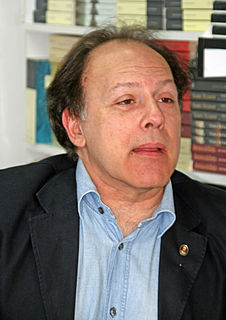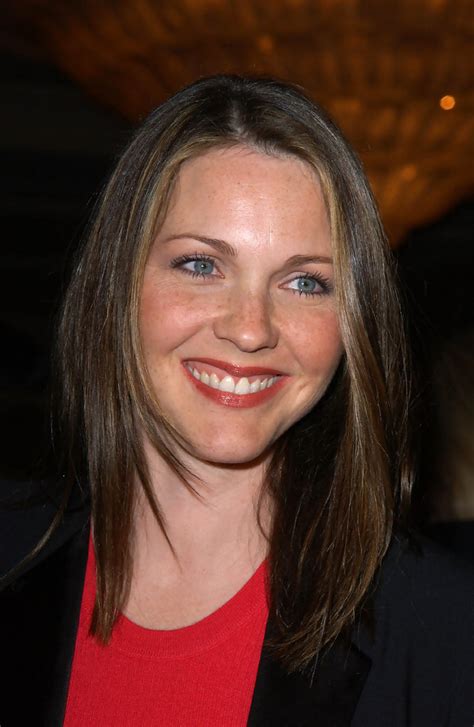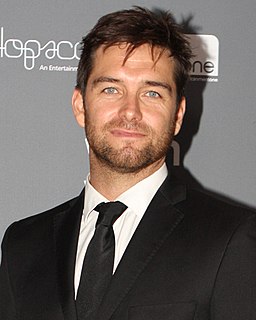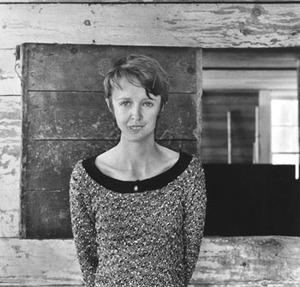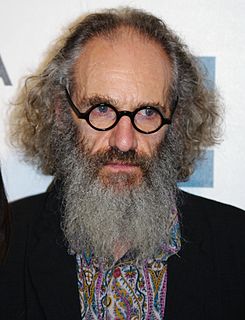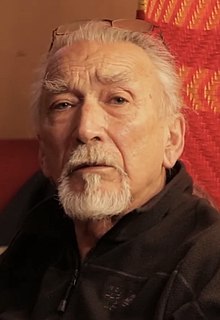A Quote by Vidya Balan
A painter once told me that I'm like the Khajuraho, which you see once but which remains with you forever. I thought that was exquisite.
Related Quotes
The truth never shines forth, as the saying goes, because the only truth is that which is known to no one and which remains untransmitted, that which is not translated into words or images, that which remains concealed and unverified, which is perhaps why we do recount so much or even everything, to make sure that nothing has ever really happened, not once it's been told.
We go to the opening arguments or the closing arguments of a case, and we'd see which actor got the big one. I had a seven-page one once which just about killed me, and I thought, 'Oh, I'm going to get fired, that's it, I can't do it.' It was like a one-act play, and I had a few weeks to learn it, luckily. But it's terrifying.
You said, 'I'm going to leave him because my love for you makes any other life a lie.' I've hidden these words in the lining of my coat. I take them out like a jewel thief when no-one's watching. They haven't faded. Nothing about you has faded. You are still the colour of my blood. You are my blood. When I look in the mirror it's not my own face I see. Your body is twice. Once you once me. Can I be sure which is which?
I used to think truth was eternal, that once I knew, once I saw, it would be with me forever, a constant by which everything else could be measured. I know now that this isn’t so, that most truths are inherently unretainable, that we have to work hard all our lives to remember the most basic things.
So I've tried to be this very eccentric character, and that works very well if you want to be a painter which I did once upon a time, if you want to be a musician which I did once upon a time. But if you want to make movies and you want to make challenging movies, you've got to be the sanest person in the room.
Just slap anything on when you see a blank canvas staring you in the face like some imbecile. You don't know how paralyzing that is, that stare of a blank canvas is, which says to the painter, ‘You can't do a thing’. The canvas has an idiotic stare and mesmerizes some painters so much that they turn into idiots themselves. Many painters are afraid in front of the blank canvas, but the blank canvas is afraid of the real, passionate painter who dares and who has broken the spell of `you can't' once and for all.
Egnaro is a secret known to everyone but yourself. It is a country or a city to which you have never been; it is an unknown language. At the same time it is like being cuckolded, or plotted against. It is part of the universe of events which will never wholly reveal itself to you: a conspiracy the barest outline of which, once visible, will gall you forever.
This is the path of prayer-contemplative prayer, that is, as distinct from simple prayers of supplication and thanksgiving-which is a specific discipline of thought, desire, and action, one that frees the mind from habitual prejudices and appetites, and allows it to dwell in the gratuity and glory of all things. As an old monk on Mount Athos once told me, contemplative prayer is the art of seeing reality as it truly is; and, if one has not yet acquired the ability to see God in all things, one should not imagine that one will be able to see God in himself.

